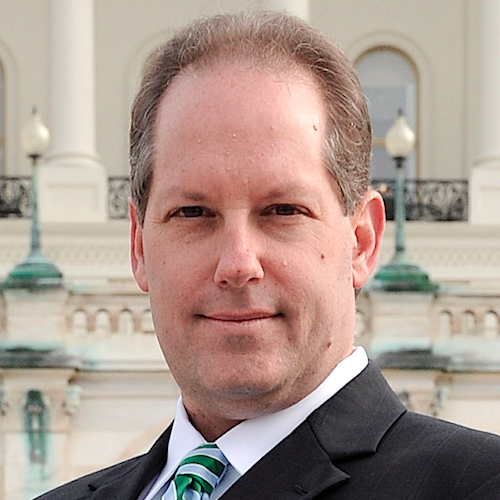
Governors should urge the Centers for Disease Control and Prevention to include independent living residents in the top priority group for COVID-19 vaccinations and should adjust their state COVID-19 vaccine plans, if necessary, to include them, the American Seniors Housing Association said Thursday in a letter to all 50 state leaders.
Independent living residents’ omission as a top priority in the federal government’s Pharmacy Partnership Program for Long-Term Care is a “serious oversight,” ASHA President David Schless said.
As vaccine clinics are held in skilled nursing facilities and senior living communities across the country, the long-term care pharmacy companies helping to lead the effort say they are following the original guidance from the Centers for Disease Control and Prevention in determining how to prioritize residents and staff members for vaccinations. The CDC recommended that initial supplies of the COVID-19 vaccine be allocated to “healthcare personnel” and “long-term care facility residents,” but the agency defines long-term care facilities as “skilled nursing facilities, nursing homes, and assisted living facilities” and does not include independent living communities.
Federal officials previously said that independent living residents would be prioritized in the program.
“It makes no sense and is harmful to overlook this population as we are seeing spikes in cases and a new, more contagious strain surfacing,” Schless said, pointing out that even independent living residents who live at continuing care retirement communities, where other residents are eligible, are not considered a priority for the vaccine.
ASHA members from across the country are sharing their experiences with the Pharmacy Partnership Program for Long-Term Care, he said. In some cases, Schless added, members are able to gain access for independent living residents.
“The LTC Pharmacy Program is the most efficient means to vaccinating this population, and adding the flexibility to include these residents should be considered,” he said.
ASHA said it sent the letter as meetings about the long-term care pharmacy programs are in the works between the governors and officials involved with the federal Operation Warp Speed, as well as the CDC. In addition, Schless is scheduled to participate Monday in a CDC public session that is slated to feature a discussion regarding concerns, challenges and best practices for vaccinating older adults in residential settings that are not nursing homes or assisted living communities.



